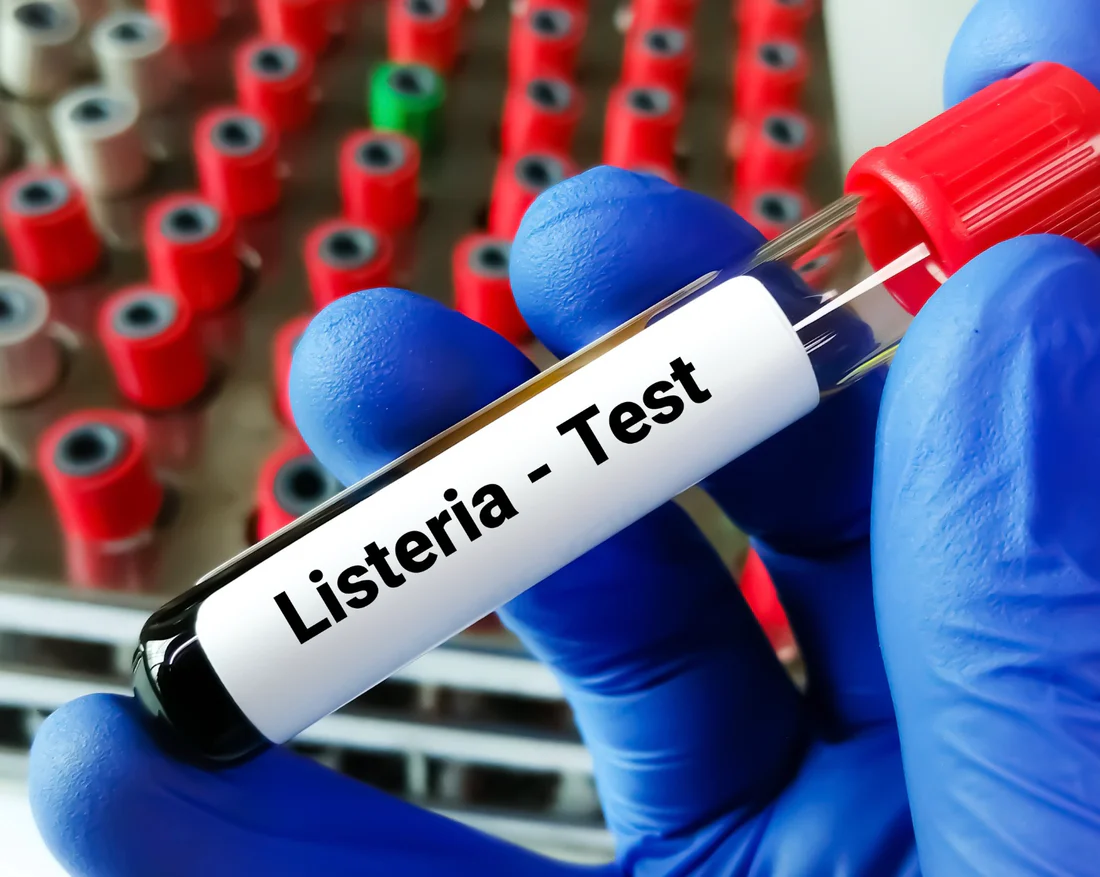U.S. Faces Major Listeria Outbreak: 50 Illnesses and Eight Deaths Reported

Los Angeles: The United States is currently grappling with a serious Listeria outbreak, which has resulted in over 50 reported illnesses and eight fatalities, according to the latest figures from the U.S. Centers for Disease Control and Prevention (CDC) released on Wednesday.
Listeria is a resilient bacterium that can persist on various surfaces, including meat slicers and food items, even under refrigeration. Symptoms of listeriosis may take as long as 10 weeks to manifest in some individuals, the CDC warns.
Recent epidemiological, laboratory, and traceback investigations have identified deli meats, particularly Boar’s Head brand liverwurst, as sources of Listeria contamination. The germ spreads readily through deli equipment, food surfaces, and hands, raising concerns for public health.
So far, 57 individuals have been hospitalized due to Listeria infections, with the outbreak marking the largest incidence of listeriosis since the 2011 cantaloupe-related outbreak.
In light of this situation, the CDC has urged consumers to refrain from eating recalled deli products. Those at heightened risk for Listeria infection—such as pregnant individuals, seniors aged 65 and older, and people with weakened immune systems—are advised to avoid deli meats unless they are heated until steaming hot immediately before consumption.
What is Listeria?
Listeria is a type of bacteria that can cause a serious infection known as listeriosis. It is particularly dangerous for pregnant women, newborns, the elderly, and individuals with weakened immune systems. Listeria can be found in contaminated food and environments, posing a significant public health risk.
Causes
Listeriosis is primarily caused by consuming foods contaminated with Listeria monocytogenes. Common sources include:
- Deli meats and hot dogs: Especially those that are not heated properly.
- Unpasteurized dairy products: Such as certain cheeses and milk.
- Raw vegetables: These can become contaminated through soil or fertilizers.
- Ready-to-eat foods: Such as refrigerated smoked seafood and salads.
The bacteria can also survive in refrigeration, making it important to handle food safely.
Symptoms
Symptoms of listeriosis can vary depending on the individual and the severity of the infection. Common symptoms include:
- Fever
- Muscle aches
- Nausea and vomiting
- Diarrhea
In severe cases, particularly among high-risk individuals, listeriosis can lead to complications such as meningitis or septicemia. Symptoms may take days to weeks to appear after exposure, making it difficult to trace back to a specific food source.
Treatment
Treatment for listeriosis typically involves antibiotics, which are most effective when started early. Common antibiotics include:
- Ampicillin
- Gentamicin
For severe cases, especially in high-risk individuals, hospitalization may be required for further monitoring and treatment.
Precautions
To reduce the risk of listeriosis, individuals can take the following precautions:
- Avoid high-risk foods: Pregnant women, the elderly, and immunocompromised individuals should avoid deli meats, unpasteurized dairy products, and raw vegetables.
- Cook food thoroughly: Ensure that meats are cooked to a safe temperature, and reheat leftovers until steaming hot.
- Practice safe food handling: Wash hands, surfaces, and fruits and vegetables thoroughly. Use separate cutting boards for raw meat and ready-to-eat foods.
- Check food recalls: Stay informed about food recalls related to Listeria contamination and avoid consuming affected products.
By following these guidelines, individuals can minimize their risk of contracting listeriosis and protect vulnerable populations from potential health threats.







